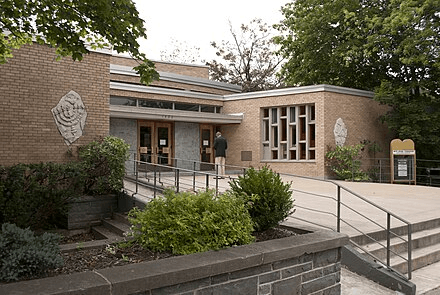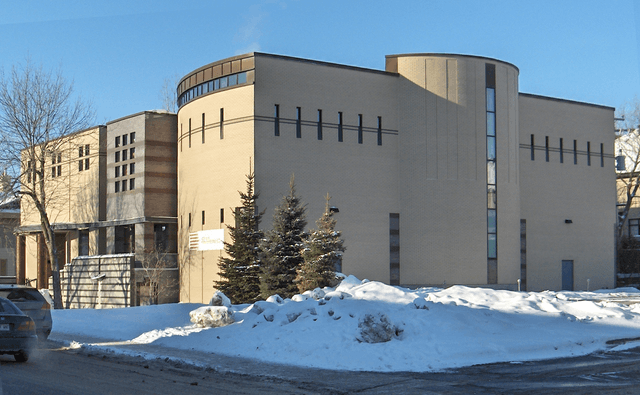Parshat Pinchas offers a rare case of Israelite women contesting and engaging with biblical law. The five daughters of Zelophehad (Mahlah, Noah, Hoglah, Milcah, and Tirzah), petition Moses to inherit their father’s property in the absence of male heirs. Moses, overwhelmed by the complexity and weight of the situation, brings the case to Hashem, who says yes, they can. It seems that this small step for women’s property rights is a win for the ill-treated women of the Torah.
However, just a few parashot later in Masei, some chieftains complain to Moses that if these women marry outside of their father’s tribe, the land allotted to her father’s tribe will transfer to the women’s husband’s tribe, upsetting tribal land allotments. Moses brings the issue to Hashem again, who rules that inheriting women must marry within their father’s tribe, limiting their freedom and confining them to frequently marrying their cousins. In modern times, we often claim this story as a feminist win, but is it really? Zelophehad’s daughters successfully advocated for their rights, but the result was still limited by the male-ownership oriented social structure.
Even after acquiring the land, the daughters still don’t have freedom or autonomy over their destiny. They are used to transfer the property to their husbands and sons. Women could not inherit property except for in this rare circumstance of a land-owning father with only daughters, proving the restrictions on women’s freedoms.
In biblical times, owning land was vital to a family’s social standing and economic position. In addition to providing food and serving as the center of family life, it was meaningful to have a stake in Eretz Yisrael, the land that the Israelites had suffered through slavery and forty years in the desert to reach. Excluding women from any concrete ownership of the Israelites’ land allotment reflects the deep-rooted sexist system of the Torah.
Besides the story itself, what can understanding the rabbinic commentary surrounding it tell us about how the rabbi’s women’s roles in Torah interpretation? Despite the sub-optimal outcome of their self-advocacy, Zelophehad’s daughters’ public involvement with the Mosaic legal system is itself extraordinary. Though they hold a subordinate status as women, they are lauded by the Talmudic Sages as “wise, … interpreters of verses, and … righteous,” (Bava Batra, 119b:9).
Recognizing women for their intellect and interpretive skill, however, is at odds with other rabbinic statements on women and Torah study. Talmudic passages, for example, warn men not to talk excessively to their wives, lest they cause evil, neglect of Torah study, and eventual relegation to Gehenna (hell) (Pirkei Avot 1:5).
Although Zelophehad’s daughters are praised for their outspoken action when it concerns Hashem’s property law, women are discouraged from merely speaking with their husbands in the ethics of Pirkei Avot. Talmudic authorities’ respect for women is scarce and conditional, dependent on whether or not they are validated by the law of Moses and Hashem. Though the daughters were praised as intellectual exemplars, they are the exception. Rabbinic commentary doesn’t accept or even suggest that women can engage in interpretation and Torah study.
So what can we learn from Zelophehad’s daughters? We must see these women for who they truly were: women, who by circumstance, became fierce advocates for themselves and others like them. They, like all of us, were deeply rooted in their context. They were making the progress they could in an oppressive society.
This story need not be made a major feminist victory, but these women should be seen as role models. They were fierce, savvy political advocates: aware, strategic, and unswayed by the daunting divine-patriarchal legal system. In this new year, may we each embody Mahlah, Noah, Hoglah, Milcah, and Tirzah: cognizant and sharp to push our communities toward justice.
Powered by Froala Editor





